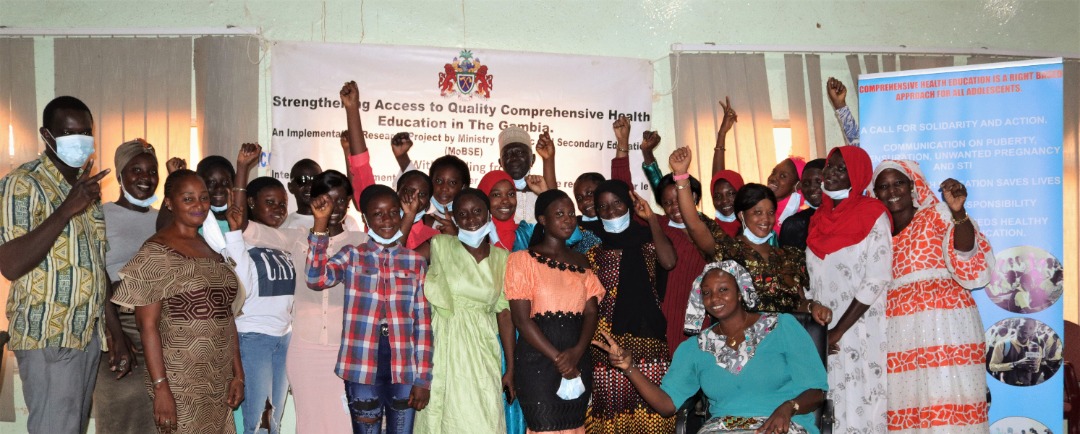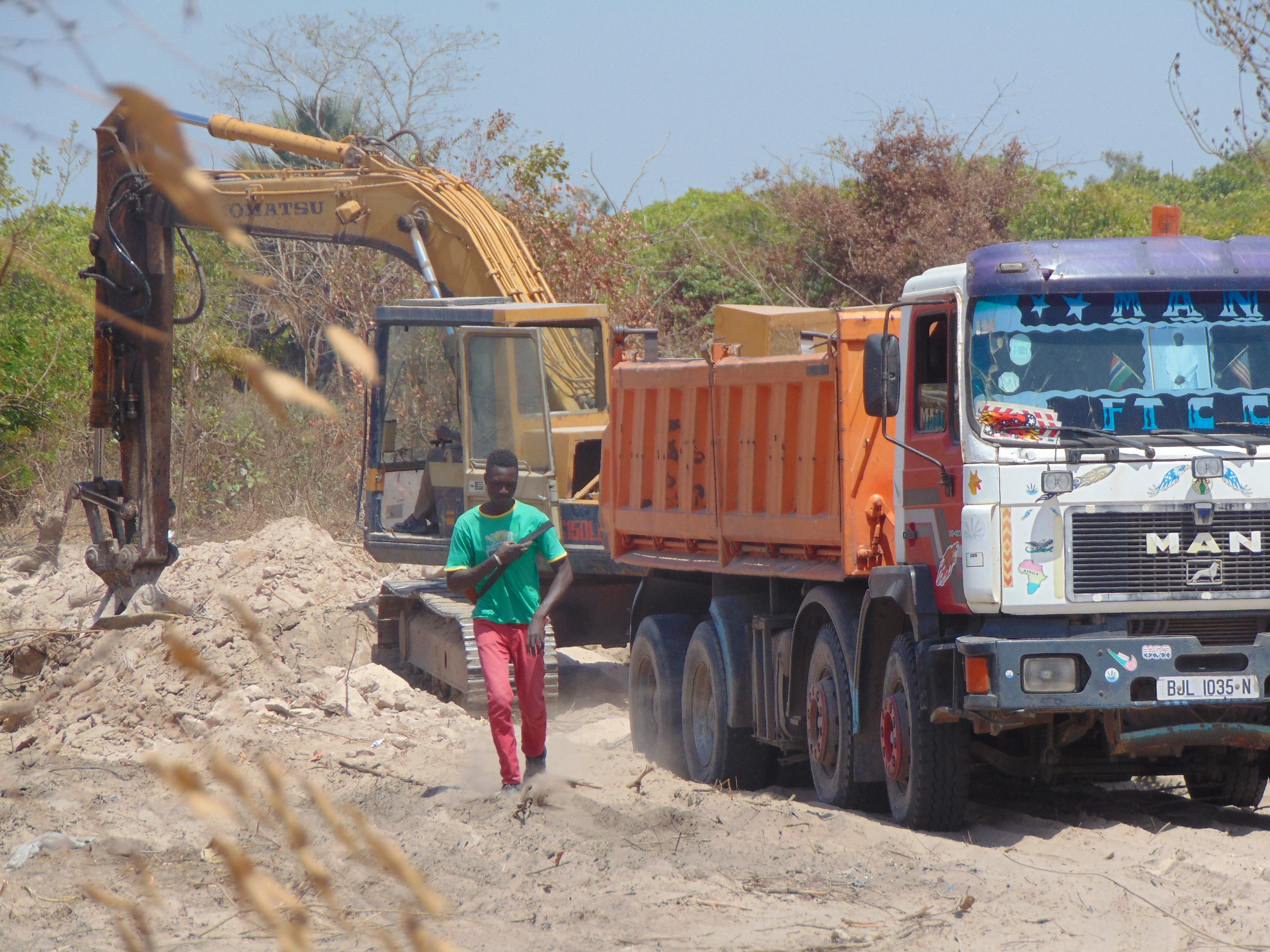By Yunus S Saliu
Deputy Mayor of Kanifing Municipal Council (KMC) has urged parents to always educate their children on sexual reproductive health that will help them understand their health status, while she advised children both male and female to avoid taking pills as they all have side effects.
Speaking on behalf of the Mayor of Kanifing at the opening of a three-day training on Comprehensive Health Education (CHE), the Deputy Mayor, Binta Janneh Jallow, among other things said children, girls in particular, should be taught by their parents on hygiene, how to take care of themselves; use of the sanitary items during their menstrual periods.
She emphasized that adolescent that are virgin and yet to married should stay away from using pills as those pills have future side effects like in terms of giving birth, sexual desire and so on. Noting that using of pills by the adolescent and engaging in sexuality activities without married should be addressed by parents without any oversight.
“They (parents) need to discuss this issue with their children to enable them have knowledge about reproductive health, one of the important aspect of the Comprehensive Health Education,” she pointed out.
Fatou Dally Bittaye of the Curriculum Research, Evaluation and Development Directorate (CREDD) at the Ministry of Basic and Senior Secondary Education (MoBSE) highlighted on the importance of the CHE training program for the adolescents and parents as regarding reproductive health.
“It is very vital, as there are some challenges going on in our society which need to talk about, more so, challenges women are going through during their menstrual circle which sometimes stopping them (female) from attending school for such periods,” she stated.
“So parents should always discuss with their children not only female but male inclusive as they should be told about their bodies,” she added.
Strengthening Access to Quality Comprehensive Health Education in-and-out of School Adolescents is concern participants at the three days training covered different sexual and reproductive health topics as regarding comprehensive health education.
Presentations were made by different competent health personnel, which included Fatou Jankey and Ousman Dem of Social Behaviour and Communication Change (SBCC) – NaNA; Abdou Kharim from Reproductive Neonatal, Maternal, Child and Adolescent Health (RNMCAH) unit; Mass Laye Safe Hands for Girls; and Phebian Ina Grant-Sagnia principal investigator of the project for Strengthening Access to Quality Comprehensive Health Education for in-and-out of School Adolescents in Region I.
Strengthening Access to Quality Comprehensive Health Education in The Gambia is an implementation research project conducted by Ministry of Basic and Secondary Education funded by International Development Research Center (IDRC), Canada.




